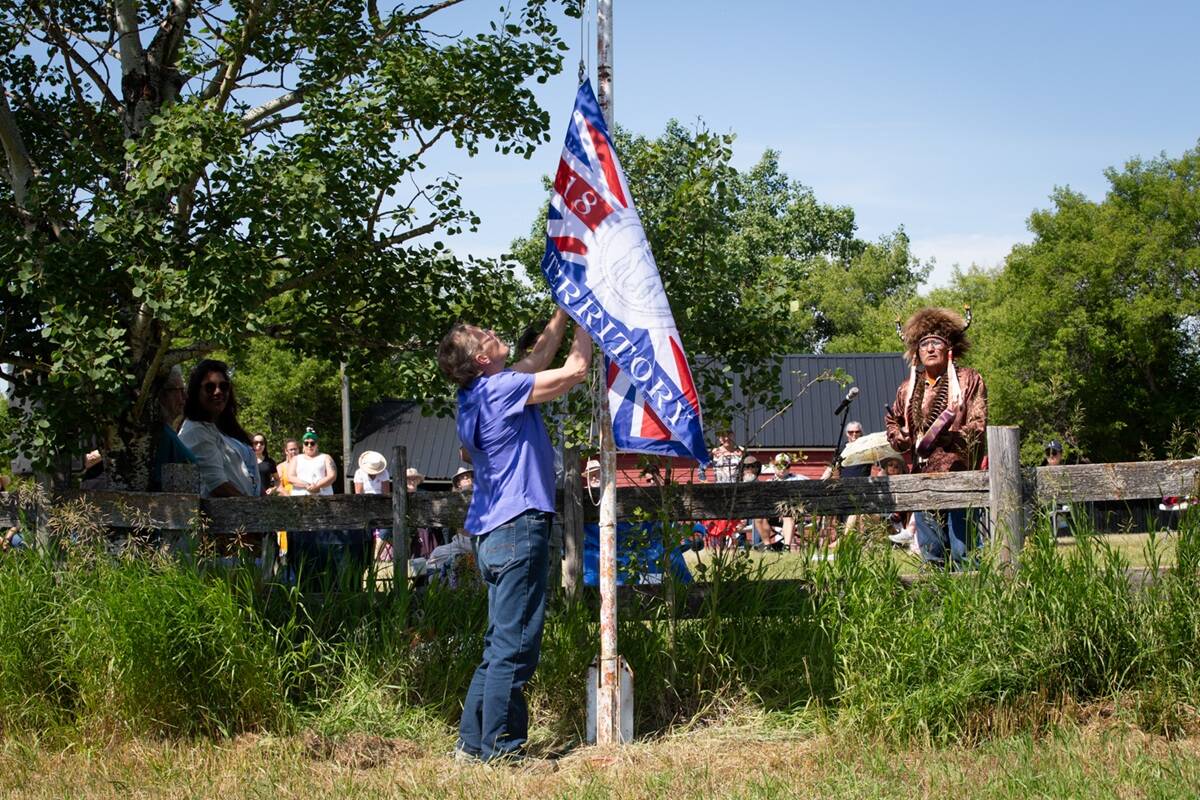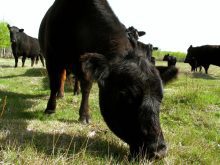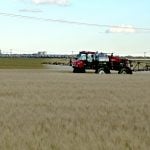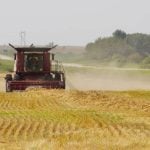Growing up in Recife, Brazil, an Atlantic port city criss-crossed by bridges and waterways that draws comparisons to Venice, Gleise Silva may have seemed like an unlikely candidate for a future beef cattle research chair.
But Silva knew she wanted to work with animals one day. Her interest in agriculture and animals persisted through high school, driving her to study animal science at the Federal Rural University of Pernambuco in Recife.
“Agriculture is one of the main pillars for the Brazil economy, a fact that contributed to my interest in food production,” says Silva.
Read Also

Treaty Land Sharing Network expands reach in Saskatchewan and Alberta
The Treaty Land Sharing Network, which connects land holders with First Nations and Metis people, has expanded since it began in 2018
Then, an undergraduate internship in the U.S. gave her a chance to work with beef cattle.
“Having the chance to get to know more of the beef industry and learning different aspects of the production sector with hands-on activities motivated me to pursue my studies and career in that area,” says Silva. Silva earned her PhD from the University of Florida, specializing in beef cattle nutrition. Her research at the university’s North Florida Research and Education Center focused on environmental and diet-induced stress in cattle, and she looked at ways to make cattle healthier and more efficient.
Silva was recently appointed as the inaugural Beef Cattle Research Council-Hays research chair in beef production systems at the University of Alberta. While piloting the maiden voyage of the research program, her goal is to find ways for beef producers to lower the costs of producing forage while leading in sustainable production.
New to Canada, Silva’s days are eventful and busy. Not only is she assuming a new role as research chair, but also establishing a home and working to bedrock relationships with beef researchers at the University of Alberta and as well as with others in the cow-calf sector and beef industry. Whether she’s in Brazil, Florida or Western Canada, Silva likes to get outside. Trail rides, hiking and admiring the outdoors are favourite hobbies of the newly appointed chair. “I also enjoy watching movies,” she says with a laugh.
Bridging the gap
The Beef Cattle Research Council (BCRC) has committed $1.5 million over the next 10 years for the new program and the University of Alberta is matching the commitment. Dan and Kathy Hays have pledged $1 million towards the chair. Dan is a university alumnus and former Canadian senator, and his father, Harry, created the Hays Converter beef breed, which the family donated to the university for research. Cargill and McDonald’s Restaurants of Canada also contributed.
Dr. Reynold Bergen is the science director of the BCRC. The BCRC allocates the research portion of the Canadian Beef Cattle Check-off and is Canada’s largest producer-led funder of cattle, forage and beef research, Bergen explains.
“In addition to funding research projects, the BCRC also supports research chairs where key expertise is needed, ensuring that applied research and extension continues and to train the next generation of researchers in practical research,” says Bergen.
Bergen expressed enthusiasm for Silva’s appointment to the new position, as “her curiosity for multiple areas, and how they affect one another, made her stand out among the candidates. But what really made her stand out was her enthusiasm to seek out and pursue the opportunities she was presented and even make some of her own opportunities to study many different aspects of beef production in different parts of the world.
“This made us feel that she would be an asset to beef research in Canada,” says Bergen.
One of the goals of this program is to bond homegrown knowledge with the latest applied research in genetics, forage, feed and management practices, while also incorporating the latest technology.
“Dr. Silva will help to bridge the gap between the University of Alberta’s long-standing strengths in livestock genomics, rangeland, ecology and meat science and help balance the university’s strengths in basic science with applied research that considers the whole production system,” says Bergen.
Teaching will be part of Silva’s role, showing students how and why it’s necessary to be knowledgeable in multiple areas of industry. Producer extension will also be key, ensuring that research results are relevant, useful to and adopted by producers, says Bergen.
A few examples of technology transfer could include improved forage options, enhanced gut function (which will reduce methane emissions) and improving cattle health, resulting in using fewer antibiotics.
Tackling winter feeding
Silva wants to explore several areas in beef production, including ways to improve feed efficiency, minimize labour and fuel, ease stress on cattle and improve animal health.
“I want, with my research, to find ways for beef producers to be more profitable and sustainable,” she says.
Winter is one of the biggest challenges Canadian producers face, and feed is the highest-cost line item. Silva is familiar with winter feeding strategies employed by western Canadian producers, such as reducing days on feed and extending grazing as much as possible.
“It is a challenge because it may depend on how the winter is and the forage availability, which is compromised by many factors, including drought,” she says. Silva hopes to find ways to reduce winter feeding costs without compromising animal performance.
The beef industry in Alberta is steeped in history and is an important part of this agriculture-based province’s bedrock.
“I am honoured to have come here to be involved with such an industry,” says Silva.
– Dale Bliss’s father was a farmer and cattle producer. She writes about agriculture from the small Florida farm where she was born and raised.
















